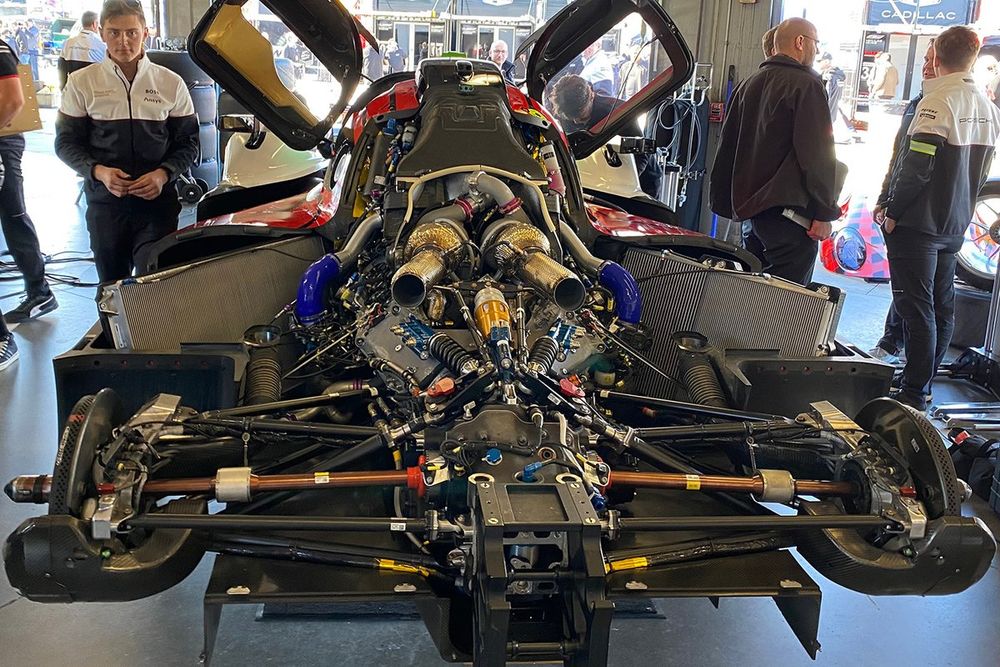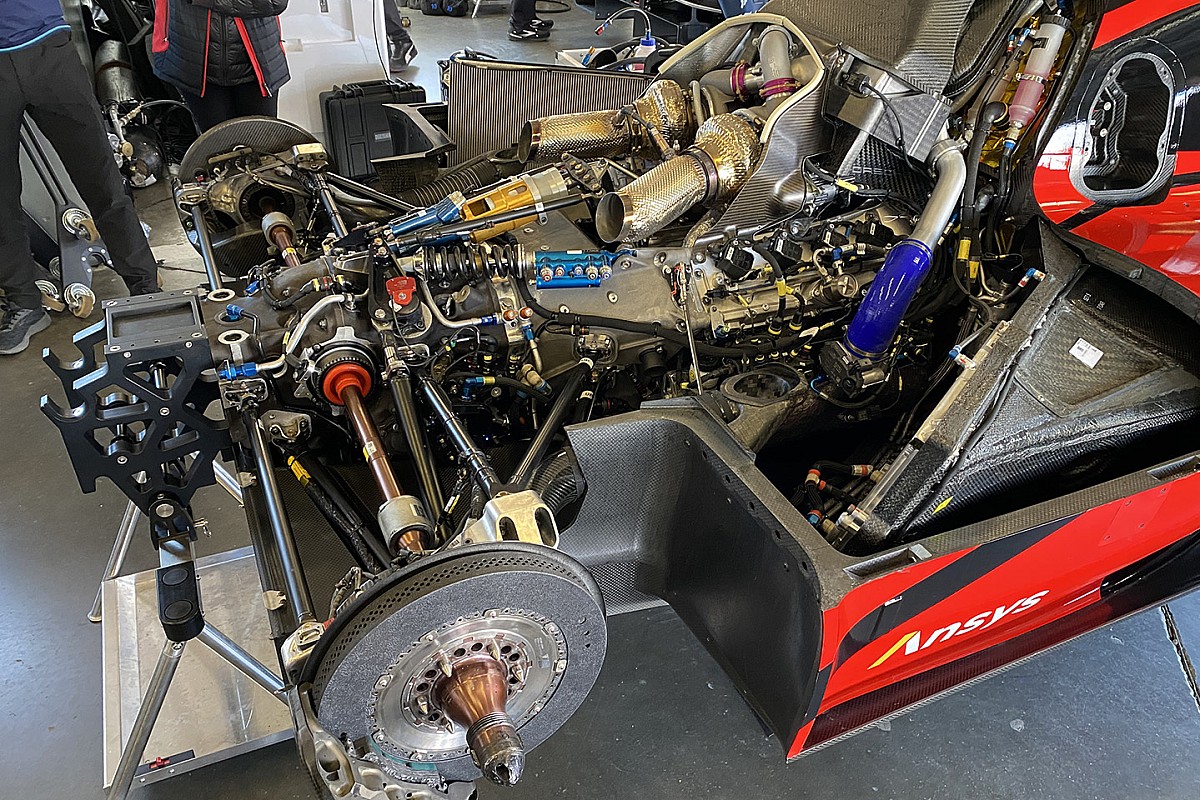The German manufacturer has announced its ongoing efforts to develop a new crankshaft for the 4.6-liter twin-turbo LMDh engine. This engine is an evolution of the normally aspirated units employed in the RS Spyder LMP2 and the 918 Spyder plug-in hybrid road car.
Urs Kuratle, the head of the LMDh project at Porsche, disclosed that the brand is awaiting approval from the World Endurance Championship and IMSA SportsCar Championship sanctioning bodies. Approval is crucial before establishing a definitive timeline for the introduction of the updated engine.
Kuratle mentioned that discussions with IMSA and the Automobile Club de l’Ouest focused on the potential introduction of the engine in 2024 rather than the following season. The decision hinges on approval, and if denied, the engine won’t be implemented. If approved, the exact timing for the engine’s debut remains uncertain.

The lengthy lead time for changes like crankshafts, which require months for production and endurance testing, presents challenges. Kuratle emphasized that the new engine would not be deployed in any race before Le Mans, and its introduction at Le Mans is still undetermined.
A notable factor is that LMDh regulations allow only one homologation, necessitating the simultaneous introduction of the updated engine across all 963s – both factory Penske and customer cars – participating in WEC and IMSA races. This could result in as many as six cars at Le Mans and four more at the Watkins Glen 6 Hours IMSA round.
Porsche has not disclosed the specific reasons behind the planned engine updates. However, it faced vibration issues with the flat-plane crank V8 during the inaugural season, impacting reliability.
While Porsche has not clarified the extent of the revisions, it remains uncertain if the changes will be as substantial as those made to the 919 Hybrid LMP1 during its early development.
The manufacturer also hasn’t confirmed whether the engine update falls under the category of five performance developments, known as ‘evo jokers,’ allowed over the lifecycle of LMDh and Le Mans Hypercar prototypes.
Revisions related to safety and reliability are permitted, but manufacturers must seek approval from rule makers and update the homologation accordingly. The EVO joker system involves negotiation and requires approval from ACO/FIA and IMSA, as highlighted by Kuratle.
The four 963s participating in the Daytona 24 Hours IMSA season-opener, largely unchanged from the previous year, underwent minor updates. Kuratle clarified that these updates primarily involve small details, such as sensors, cable layouts, and material changes for reliability, with no noticeable visual differences in the car’s exterior. The cars were confirmed to be running in updated specifications at the official IMSA sanction test in December.

